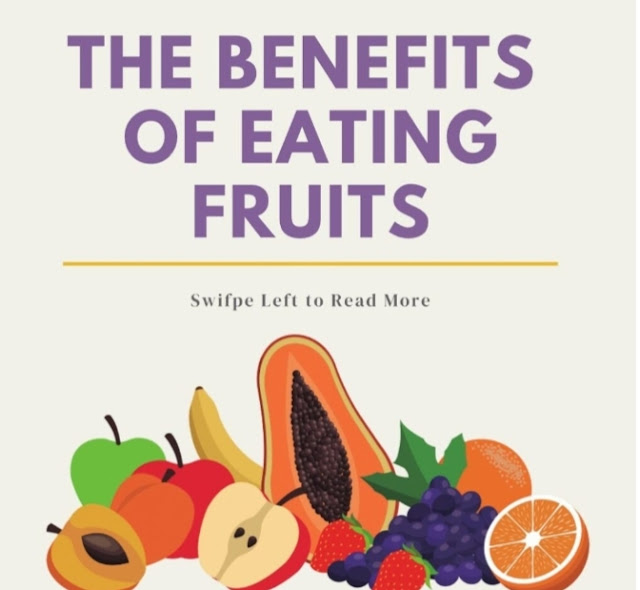Fruits
Fruits are a type of edible plant product that are typically sweet, juicy, and flavorful. They are often high in nutrients and are a good source of fiber, vitamins, and minerals. Some common fruits include apples, bananas, oranges, strawberries, grapes, and melons. There are many different types of fruit, and they can be enjoyed fresh, canned, frozen, or dried. Some people eat fruit as a snack or dessert, while others include it as a part of their meals. Fruits are a healthy and tasty part of a well-balanced diet, and they can be enjoyed in a variety of ways.Types of Fruits
There are many different types of fruits. Some common types of fruit include:
- Berries: Small, sweet fruit with thin skin and a soft fleshy inside. Examples include strawberries, raspberries, blackberries, and blueberries.
- Citrus fruit: Fruit with a thick rind and a juicy interior, typically containing seeds. Examples include oranges, lemons, and grapefruits.
- Stone fruit: Fruit with a hard pit or stone in the center. Examples include peaches, plums, and cherries.
- Tropical fruit: Fruit that grows in tropical regions, often with a thick skin and sweet, juicy flesh. Examples include pineapples, mangoes, and papayas.
- Apples: A round fruit with a hard, smooth skin and a crunchy, juicy interior.
- Bananas: A long, curved fruit with a yellow or brown skin and a soft, sweet interior.
- Grapes: A small, sweet fruit with a thin skin and a juicy interior.
- Melons: A round or oval fruit with a hard rind and a sweet, juicy interior. Examples include watermelons, cantaloupes, and honeydews.
- Pears: A fruit with a round or pear-shaped body and a smooth, thin skin.
- Plums: A small, round fruit with a smooth skin and a juicy, sweet interior.
Fruit Nutritional Value
Fruits are an important part of a healthy diet because they are a good source of vitamins, minerals, and other nutrients that are essential for good health. They are also a source of fiber, which helps to keep the digestive system functioning properly and can help to reduce the risk of certain health problems, such as heart disease, diabetes, and constipation.
Here are some common fruits and their nutritional value per /100 grams:
- Apples: They contain high amounts of fiber, vitamin C, and potassium. They are also a good source of antioxidants and polyphenols, which have been shown to have a number of health benefits.
- Bananas: They are a good source of potassium, vitamin C, and vitamin B6. They are also a good source of fiber and have a relatively low glycemic index, which means that they may help to regulate blood sugar levels.
- Oranges: They are a good source of vitamin C, folate, and potassium. They also contain a number of antioxidants and polyphenols, which may have a number of health benefits.
- Strawberries: They are a good source of vitamin C, manganese, and fiber. They also contain a number of antioxidants and polyphenols, which may have a number of health benefits.
- Blueberries: They are a good source of vitamin C, manganese, and fiber. They also contain a number of antioxidants and polyphenols, which may have a number of health benefits.
It is important to note that the nutritional value of fruits can vary depending on factors such as the specific type of fruit, how it is grown and prepared, and how it is stored. In general, it is recommended to eat a variety of fruits to ensure that you are getting a wide range of nutrients.
Fruits Health Benefits
Fruits are an important part of a healthy diet because they are a natural source of many essential nutrients and are low in calories. Some of the health benefits of eating fruits include:
- Provides essential vitamins and minerals: Fruits are a good source of vitamins and minerals that are essential for maintaining good health. For example, citrus fruits are a good source of vitamin C, which is important for maintaining a healthy immune system and skin.
- Rich in fiber: Many fruits are rich in fiber, which helps to promote regular bowel movements, prevent constipation, and reduce the risk of colon cancer.
- Low in calories: Fruits are generally low in calories, making them a good choice for people trying to lose or maintain their weight.
- Helps to reduce the risk of chronic diseases: Some studies have shown that people who eat a diet rich in fruits and vegetables have a lower risk of developing chronic diseases such as heart disease, stroke, and certain types of cancer.
- May improve mental health: Some studies have suggested that eating a diet rich in fruits and vegetables may have a positive effect on mental health and may help to reduce the risk of depression.
It is recommended to eat a variety of different types of fruits to get the most health benefits. It is also important to remember to wash fruits thoroughly before eating them to remove any dirt or pesticides.
Tags:
Food Groups And Diets


